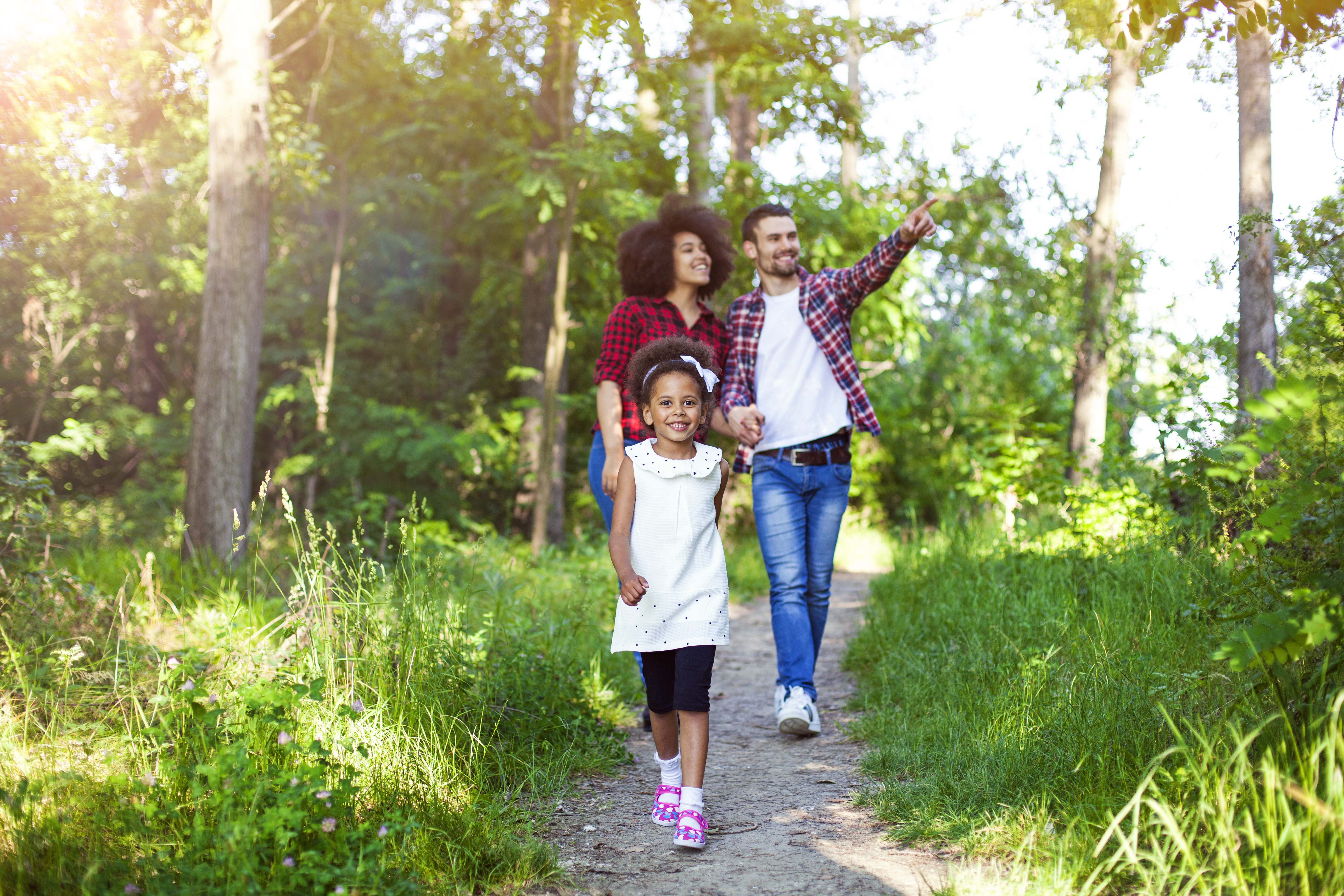On climate justice: Climate change and environmental justice

Understanding responses
Climate change is the term used to describe long term shifts in temperature and weather patterns. Here in Minnesota we're experiencing warmer nighttime temperatures all year round, extended periods of heat and drought as well as intense storms such as polar vortexes and rain/wind storms, in all seasons.
A holistic response to climate change includes both mitigative and adaptive strategies. Mitigation describes actions taken to reduce or prevent greenhouse gas emissions, which worsen the effects of climate change - this includes practices that reduce energy consumption, prioritize renewable energy or absorb carbon from the atmosphere (such as installing solar panels or heat pumps on buildings, using public transportation and reforestation). Adaptation describes the ecological, social or economic adjustments we can make to thrive in our changing climate - some examples of adaptation practices include planning for emergencies, insuring that vulnerable individuals have reliable access to cooling and heating systems and planting drought tolerant crops.
An equity and justice approach
As discussed in this column last month, climate change has a multitude of effects on human health. While nobody is immune to the health effects of climate change, the compounding effects of racism have resulted in significantly worse health outcomes for black/African American and American Indian communities in Minnesota. Generally, these communities hold less responsibility for causing climate change but carry more of the burden. The Environmental Justice movement has long aimed to demand equal protections to clean air, land and water for every community because of the disparities that have resulted from systemic oppression of minority communities. Climate Justice is a subset of the Environmental Justice movement that intends to highlight the disparate impact of climate change on vulnerable communities as well as promote a fair distribution of resources to address the impacts of climate change.
Getting involved
Read about environmental racism in our region. Talk to your friends and family about what you've experienced or observed. Consider who is most vulnerable in your immediate community and help them develop plans to reduce their vulnerability to air pollution, extreme temperatures and dangerous weather. Stay tuned for updates from the County's effort to share power and codesign actionable climate adaptation strategies with vulnerable community members.
This article is featured in Green Ramsey, an environmental health newsletter from Ramsey County.
Learn more about and subscribe to Green Ramsey.